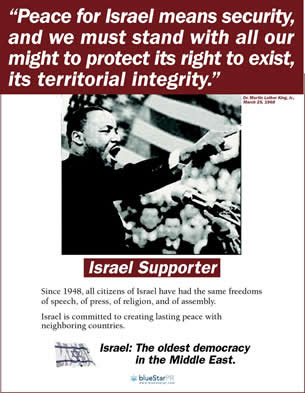The New York Times and Another N-word
Last Sunday the New York Times provided a package of four articles on Israel, ostensibly to mark the country’s 60th birthday. I didn’t blog about the articles then, and maybe I should have.
But on the other hand, in this week’s Jewish Week Jonathan Mark has done such an impressive job tying all four pieces together–with some other commentary on how Israel is portrayed in the international press–that you’re probably better off reading his views than mine.
It’s not that I agree completely with Mark–I wouldn’t come down quite so hard on Jeffrey Goldberg, for instance, but then Goldberg has probably earned my eternal approval with his book, Prisoners. But Mark sure points out a lot of things worth noting. For instance, on the matter of Elias Khoury’s piece on Israel as “nakba”:
Sophisticated readers of the Times are by now so familiar with the idea that Israel’s birth is someone else’s “catastrophe” (nakba in Arabic) that nakba needn’t be translated anymore when it appears in a headline.
The Times considers the use of [Barack] Obama’s middle name, or the mention of his father’s religion, to be an unacceptable “smear,” but somehow it is not toxic or an unacceptable smear to allow nakba, with all its implications, to be used in a headline about the Jewish state. Racism is as real as Khoury’s anti-Zionism but on Martin Luther King day the Times wouldn’t give a segregationist a column to explain why civil rights was a “catastrophe,” with that other n-word in the headline.
Of course, nakba is used casually in the Arab world an in academic, just as that other n-word was once used casually in Alabama, and now nakba is normalized; Israel can reasonably be seen as catastrophic. If you’re charting Israel’s delegitiization, chart this: The Times, from 1948-1970, never used nakba once; it’s been used 40 times since 1998.
To read Mark’s full text, click here.
